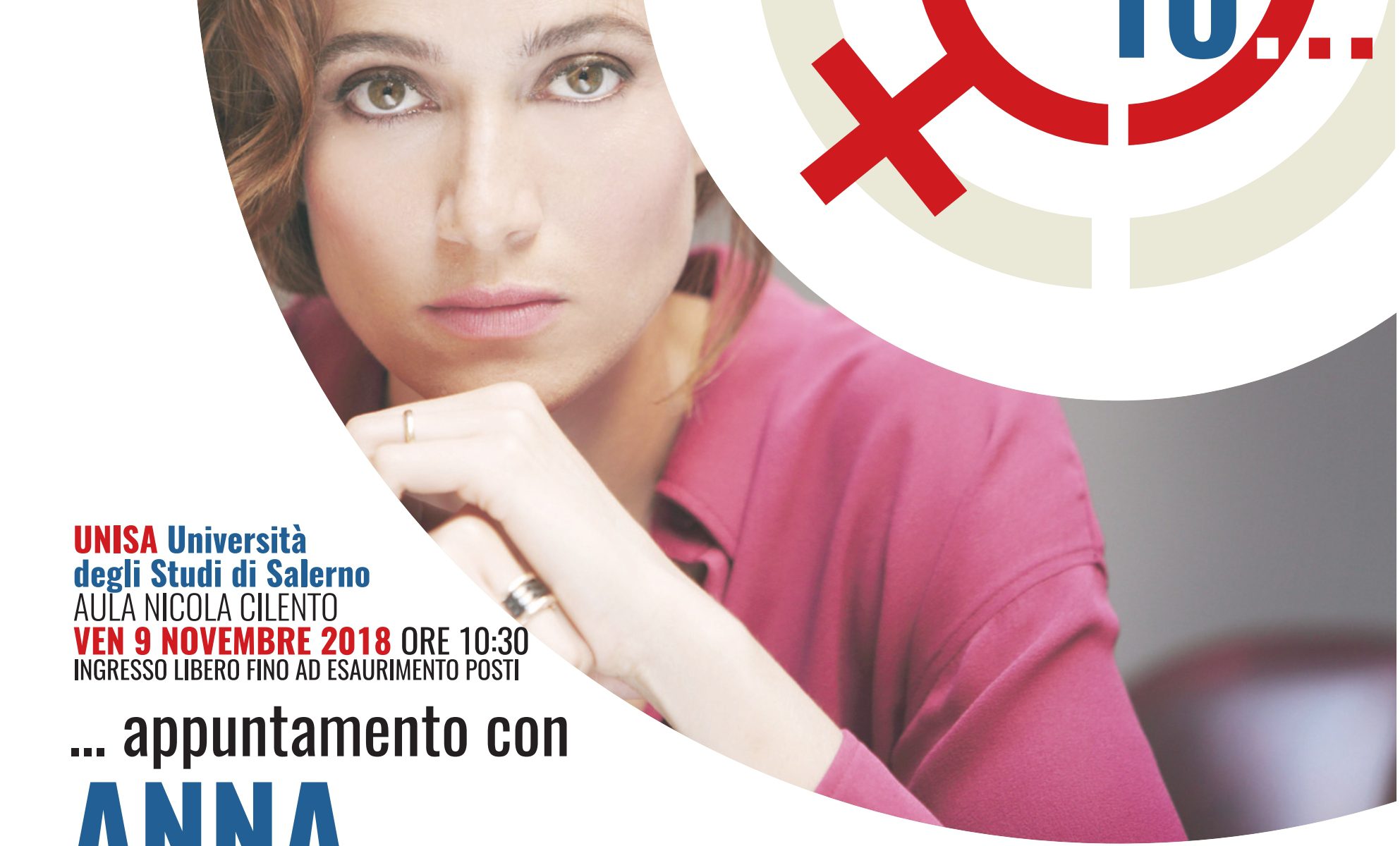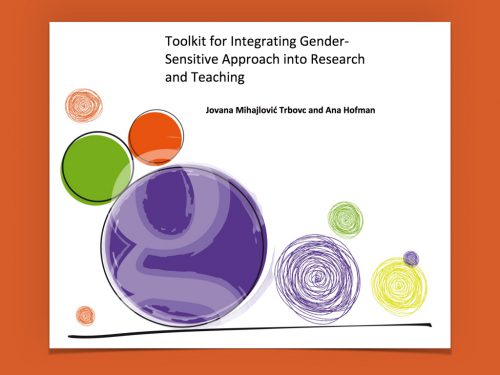The third R&I Peers Multisectoral Conference took place on 9 December 2021 with the purpose of discussing and showcasing results and good practices from Gender Equality Plans implemented within R&I Peers and other projects. The aim was to disseminate activities, practices and policies that could eventually become best practices.

Learnings from the conference include that an effective GEP should consider gender equality both in terms of an organisation’s internal processes, as well as the impact of its broader research outputs. When building and implementing a GEP there are several “building blocks” that need to be present in order to insure success. These success factors may be categorised, along with examples, as the following:
- Process-based – including dedicated resources, internal monitoring, official endorsement, etc.; and
- Content-based – including organizational culture, gender balance in decision making bodies, gendered research, etc.
These success factors were the basis of an exchange of good practices at the conference where the changemakers in the environment were discussed in the context of various GEP implementing bodies. To enrich and dive deeper into organisational realities, hands-on experiences were shared by stakeholders that had implemented and managed such changes internally.
The Third R&I Peers Conference was joined by science and innovation leaders, decision makers, researchers and practitioners who eagerly shared their experience on gender equality in R&I. The original event communication may be found here. Outputs and presentations from the conference may be found below, with more added as they become available.

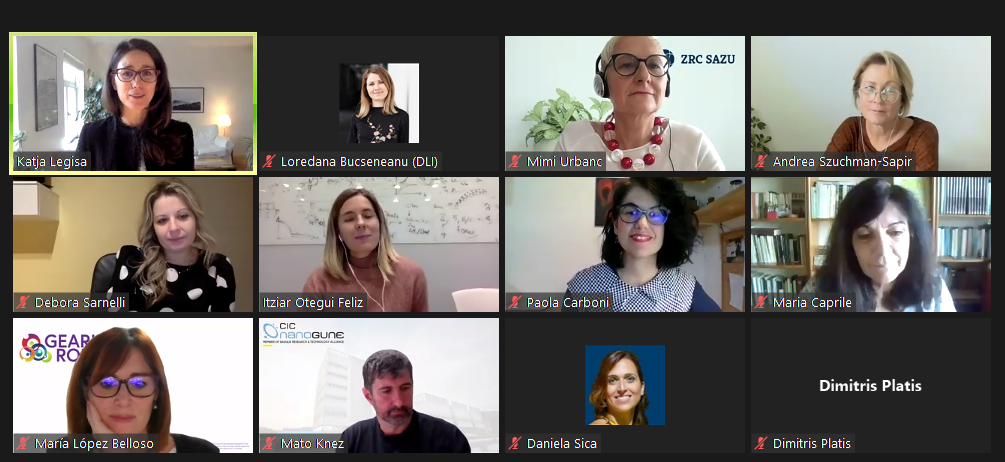
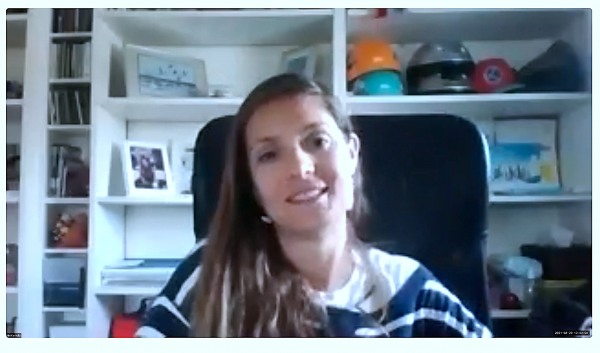
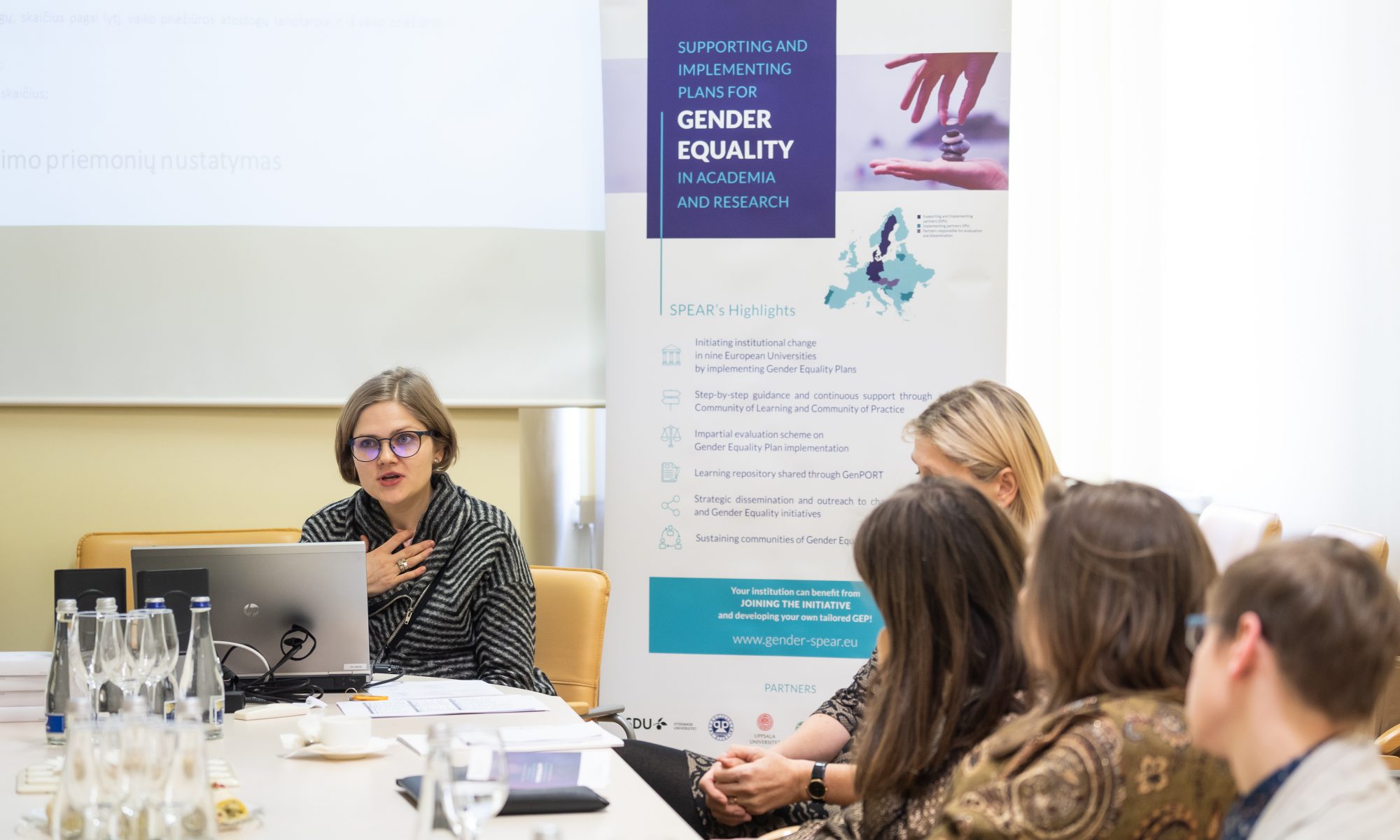

 The first Doctoral seminar dedicated to the presentation of the European project
The first Doctoral seminar dedicated to the presentation of the European project 